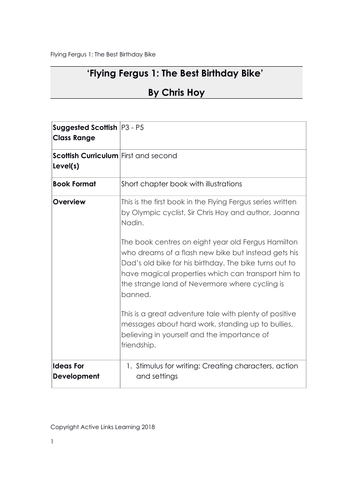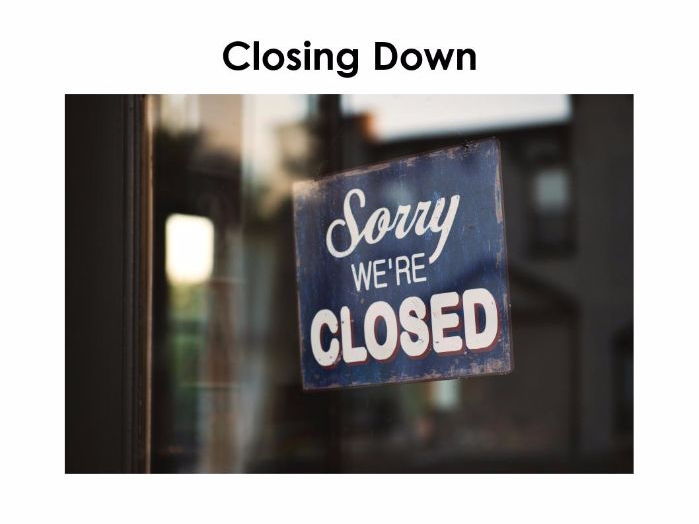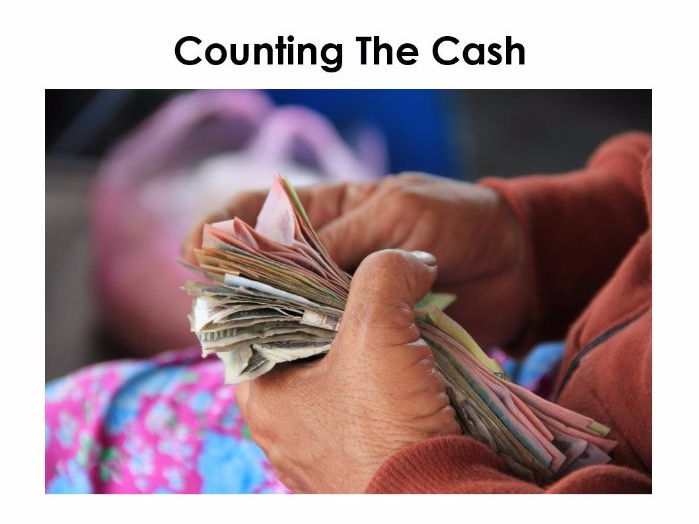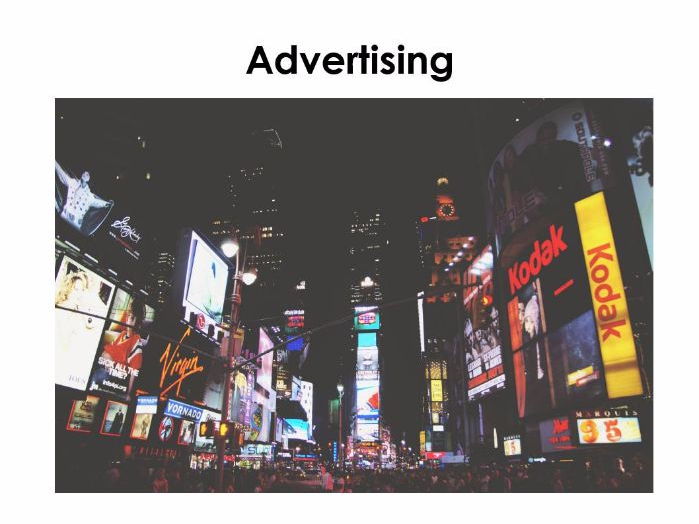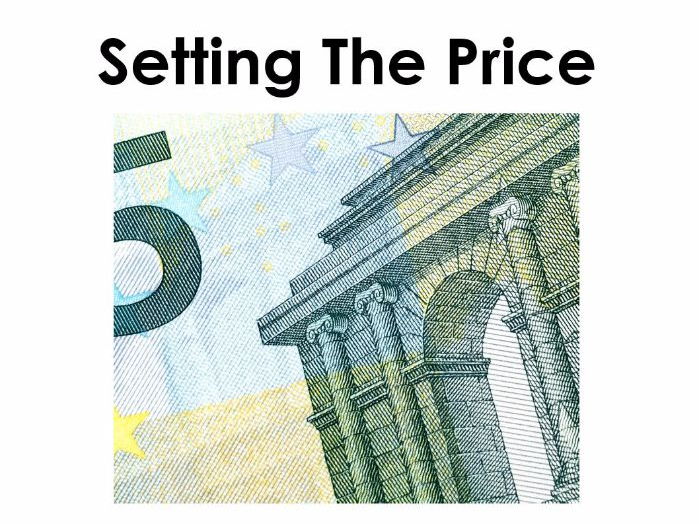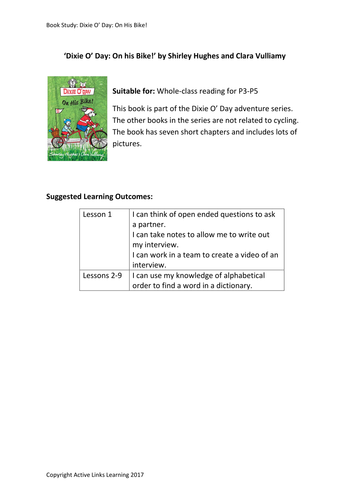Active Links Learning's Shop
There are three areas which I am passionate about promoting in Primary Schools: outdoor learning for all years, physical activity as an integral part of life and learning, and interdisciplinary learning. I believe that when learning is linked across the curriculum in a real-world context, it makes sense to learners.



